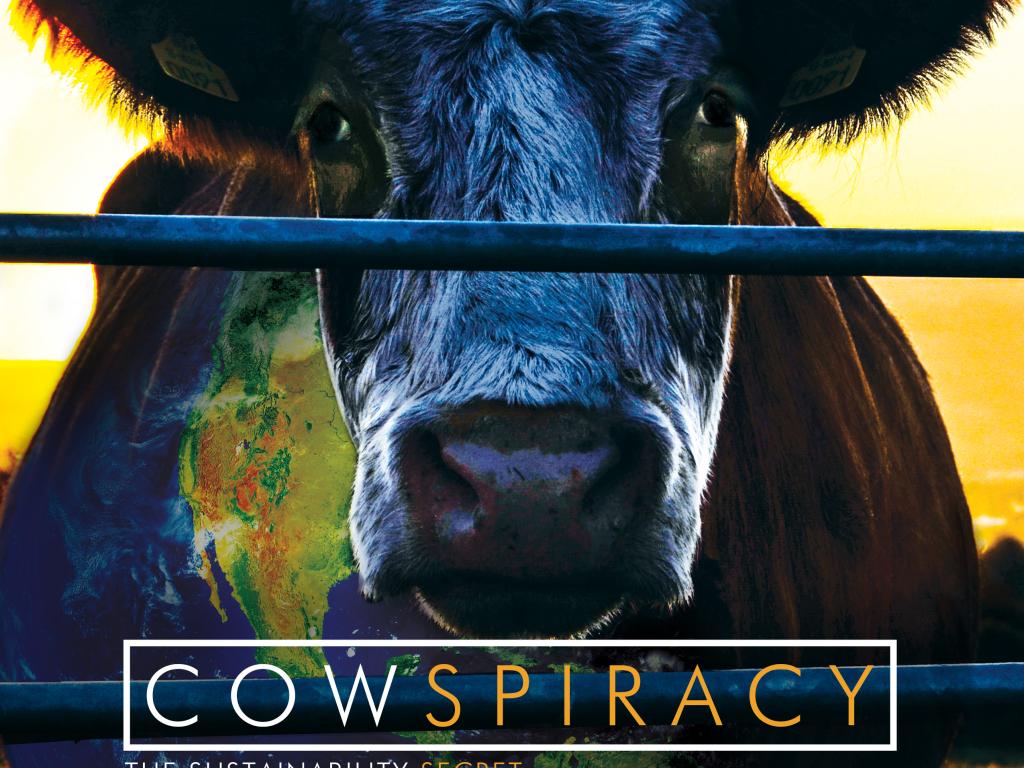Cowspiracy – a documentary exposing animal agriculture.

By Dian Spear and Alicia Okeyo
The South Africa Eco Film Festival is currently taking place throughout South Africa between the 26 March to 2 April 2015, in Cape Town, Johannesburg, Pretoria and Hagga Hagga near, East London, Eastern Cape. The festival organises public screenings of local and international eco documentaries with important social, environmental and political themes.
One particular the documentaries being shown stands out from the rest; it is called Cowspiracy: the sustainability secret (2014). This documentary uncovers the hidden truths of one of the most destructive industries impacting the planet today – the practices of the animal agriculture industry. It also investigates why leading environmental organisations are too afraid to talk about the phenomenon.
The film exposes the extremely high levels of habitat destruction, water consumption and green house gas emissions caused by animal agriculture. Presents statistics reported by a number of different sources are also explored. Astronomical statistics are given for the water used to produce meat and the extent of habitat destruction and species loss caused by animal agriculture. Although the credibility of some of these figures is most likely questionable, they provide food for thought or rather make one think about their food.
The following are some quotes from the film of noteworthy statistics, that link to climate change and animal agriculture.
“Animal agriculture is responsible for 18 percent of greenhouse gas emissions, more than all transportation combined”, according to the Food and Agricultural Organisation of the United Nations (FAO).
The Worldwatch institute states that “Livestock and their byproducts account for at least 32,000 million tons of carbon dioxide (CO2) per year, or 51% of all worldwide greenhouse gas emissions.” Additionally, the FAO adds that “livestock is responsible for 65% of all emissions of nitrous oxide – a greenhouse gas 296 times more destructive than carbon dioxide and which stays in the atmosphere for 150 years.”
The Intergovernmental Panel on Climate Change (IPCC) continues with this grim trend for animal-agricultural induced climatic impacts; the film mentions that according to the IPCC, “Methane has a global warming power 86 times that of CO2”.
Considering all that is known already, perhaps it is past the hour when the truths of the impacts of the animal-agriculture industry need to become commonplace amongst adaptive discussions. Hopefully, platforms such as the Eco Film festival are able to catalyze the change that is desperately needed.